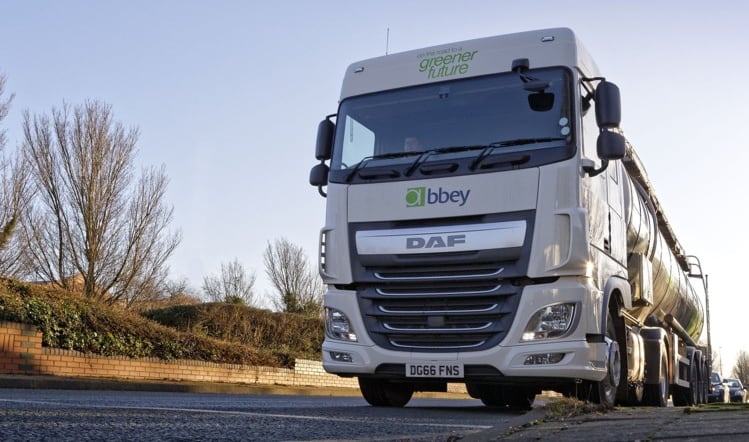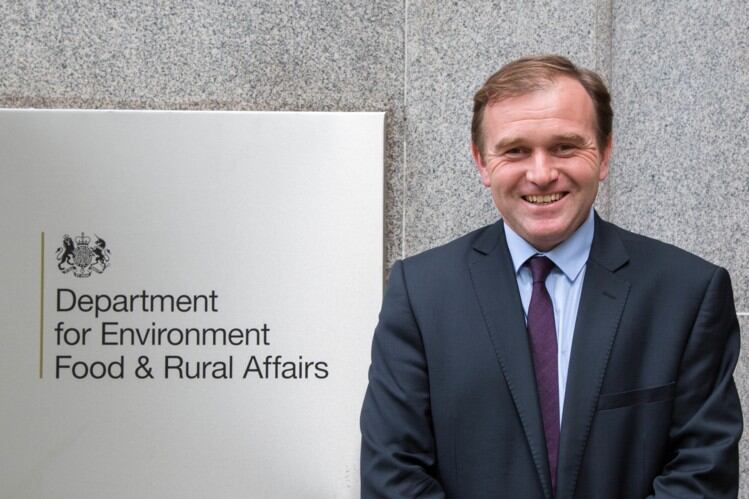When the Government published its post-Brexit transition period immigration policy in late February, the Food and Drink Federation (FDF) delivered an admirably balanced response. It welcomed the introduction of the global talent route, the reduction in the previously proposed skilled worker salary threshold and commitment to streamline the system.
The FDF’s necessarily concise reaction also expressed concerns about the future availability of essential employees, such as bakery assistants and meat processors, but did not mention food manufacturing logistics.
Serious staffing issues
Yet the Government’s proposals could lead to serious staffing problems here too.
Logistics sector body the Freight Transport Association says nearly two-thirds of transport and storage businesses are already struggling to fill vacancies, even with free movement of labour from the EU continuing.
Fellow trade organisation the Road Haulage Association (RHA) also reports a current 60,000 shortfall in heavy goods vehicle (HGV) drivers, with less than 1% of those currently on payrolls being under 25. Yet HGV drivers are among those failing to meet the Government’s new policy definition of skilled workers.
Need to attract drivers
As things stand, following the Brexit transition period, there will be a pressing need to attract drivers, as well as increased training requirements, where recruitment does take place. But with industry company profit margins often only 1-2%, and the cost of training about £5,000 per head, there seems insufficient scope to do this on any scale.
As for the Apprenticeship Levy, the RHA says hauliers have contributed £360m since its launch in 2017, yet withdrawn only £20m.
The upshot is a very real threat to rapid transit of food and drink products, including perishable goods, for which speed is key. So, we need a Government rethink … and fast.




